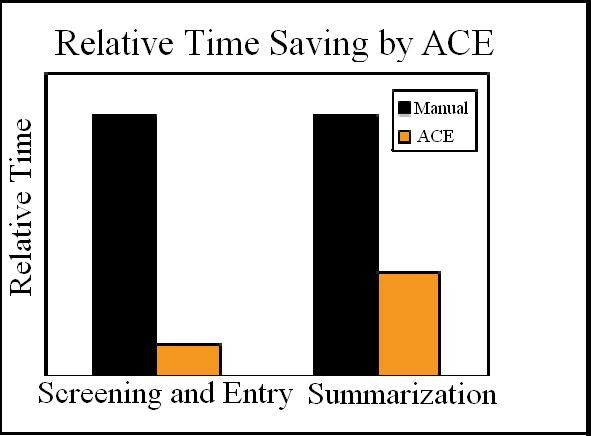Biomedical, Software and informatics
Automated Clinical Extraction (ACE) Application for Disease and Treatment Surveillance
The technology
Technology summary
VCU researchers have developed a software product, Automated Clinical Extraction (ACE), for the extraction of data from a variety of electronic clinical data sources for the purpose of linkage, analysis and longitudinal monitoring of patient data specific to disease management. ACE was first developed and implemented to gather and summarize diagnostic and treatment data for automating the cancer registration process. ACE receives electronic data files in a variety of formats (HL7, 827, Access, flat files, etc.), many of which are standardized across the health care industry with additional formats easily added. ACE screens all incoming data for disease relevance then parses all the demographic, diagnostic and treatment information for patients. Screening is based on a user-defined vocabulary table consisting of text and codes (treatment and diagnostic codes). The patient-linked data are stored and automatically updated to create a longitudinal history. New reports are automatically flagged as a new disease relevant case, as non-disease relevant or as a follow-up to an existing patient file.
The implementation of ACE significantly reduced the time required to review patient files and prepare abstracts from approximately 1.5 hours per case to 0.5 hours per case, while improving the sensitivity and maintaining a high specificity and predictive value positive. It has also increased the accuracy of reported data and has allowed operators to review and abstract patient data remotely. VCU is currently collaborating with other hospitals and physician practices to implement ACE at their sites. VCU is also implementing ACE diseases other than cancer.

